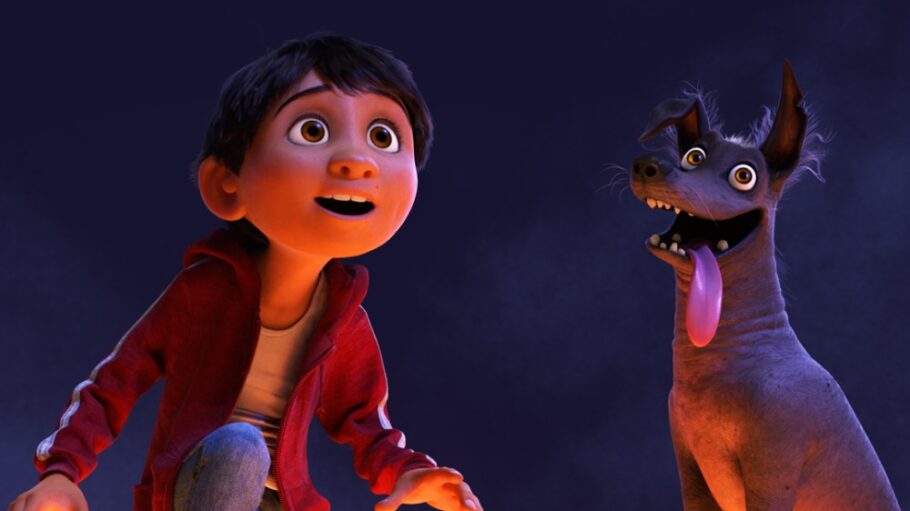Disney has agreed to pay a $10 million civil penalty for allowing children’s data to be collected on videos posted to YouTube.
The Federal Trade Commission alleged that Disney failed to designate videos on the platform as “Made for Kids.” That designation is meant to comply with federal law that protects kids from having their data collected and used for targeted advertising.
The FTC said in a statement that Disney will change its practices to comply with the Children’s Online Privacy Protection Act, which requires parental consent for data collection for users under 13 years old.
“Our order penalizes Disney’s abuse of parents’ trust, and, through a mandated video-review program, makes room for the future of protecting kids online — age assurance technology,” said Andrew Ferguson, the FTC chairman, in a statement.
In a statement, Disney said it is committed to adhering to child privacy laws.
“Supporting the well-being and safety of kids and families is at the heart of what we do,” the company said. “This settlement does not involve Disney owned and operated digital platforms but rather is limited to the distribution of some of our content on YouTube’s platform. Disney has a long tradition of embracing the highest standards of compliance with children’s privacy laws, and we remain committed to investing in the tools needed to continue being a leader in this space.”
In 2019, YouTube agreed to pay $170 million for collecting data on children. As part of that settlement, YouTube began requiring content providers to designate whether videos are “Made for Kids” or not.
Love Film & TV?
Get your daily dose of everything happening in music, film and TV in Australia and abroad.
According to the FTC complaint, YouTube notified Disney in June 2020 that some 300 videos from movies including “The Incredibles,” “Coco,” “Toy Story,” “Tangled” and “Frozen” had not been designated as “Made for Kids.” The complaint states that YouTube redesignated the videos, but had to keep doing that with additional videos over the next couple of years.
YouTube allows users to designate videos either individually or at the channel level. According to the complaint, Disney’s policy was to designate at the channel level, but then posted many child-oriented videos to its “Not Made for Kids” channels, resulting in them being designated as “Not Made for Kids” by default.
Those videos include cartoons, sing-alongs and story times with actors reading children’s books.
Disney obtains a share of YouTube’s ad revenue on its videos, and also sells advertising directly.
“Disney’s failure to accurately designate child-directed videos as MFK results in YouTube collecting personal information and placing targeted advertisements on child-directed videos on Disney’s behalf,” the complaint states.
Other features are also disabled on “Made for Kids” videos, including comments and autoplay.
Under the settlement, Disney must maintain an Audience Designation Program to properly classify all of the videos it posts to YouTube. The settlement makes room for adoption of age assurance technology by YouTube, whereby the platform would be able to identify the age of all viewers, relieving the obligation to tag individual videos.
From Variety US































